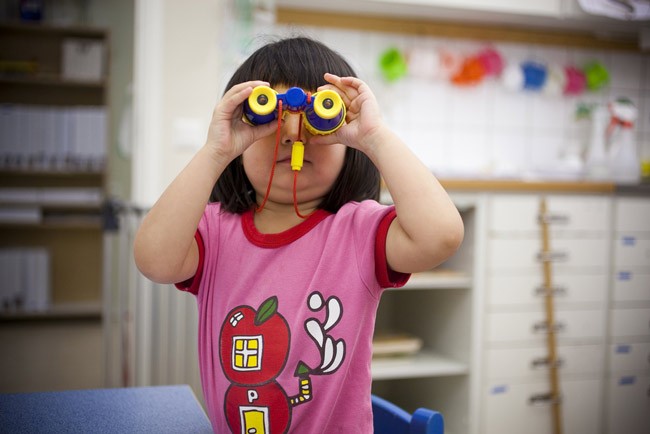
It was a so-so legislative season for early education in Florida.
A bill that would have raised health and safety standards for voluntary pre-kindergarten and school-readiness programs failed for the second year in a row.
State leaders added no new money to voluntary pre-K, which serves 170,000 4-year-olds — while per-student spending remains well below the national average.
The school readiness programs, which provide subsidized child care to 209,000 kids from low-income families, got a boost of $5 million in non-recurring funds to reduce a waiting list of roughly 62,000. The average cost per child per year ranges from $4,500 to $5,500.
“We’re obviously still struggling,” said former Republican state Sen. Ellyn Bogdanoff, executive director of the Florida Association for Child Care Management, an industry group. “We have a lot of work to do in terms of educating the public at large to get them to look at early learning with the same passion and commitment they do K-12.”
The standards bill that failed this year would have required child-care providers who are cited for serious violations to notify parents and conspicuously post the citations on the premises. It also would have required them to conduct employment-history checks and to be trained in first aid and cardiopulmonary resuscitation. Also, it would have required employees to be at least 18 years old and have high-school diplomas if they supervise children.
But the bill — sponsored by the House Education Committee, Education Chairwoman Marlene O’Toole and the House Education Appropriations Subcommittee — fell victim to the abrupt ending of the regular legislative session, dying when the House adjourned three days early.
While the state did not make major changes in early-learning programs, Bogdanoff and others say incremental progress — when combined with a newly reauthorized federal program — could help make strides in quality and access.
The federal program is the Child Care and Development Block Grant, which President Barack Obama signed last fall. It comes with additional funding, although it’s too soon to say how much. It’s also designed to boost quality by requiring more training for caregivers and more enrichment for children. Also, it comes with health and safety requirements, such as background checks for staff, better inspections of facilities and mandatory reporting of the number of deaths in child-care settings, categorized by licensed or unlicensed care.
“The key thing that the federal reauthorization will do is, we are going to have to answer the question as to how we are going to create equal access to quality programs for the children who receive school-readiness dollars,” Bogdanoff said.
The demand is high. According to the advocacy group Child Care Aware of America, Florida has more than 1 million children ages 4 and under, with 295,380 of them living in poverty. The state has 836,980 children under age 6 whose parents work but don’t make enough to afford child care without help.
Rodney MacKinnon, executive director of the state Office of Early Learning, said that although the $5 million for the school-readiness waiting list was a one-time allocation, “We’re confident that with the increase in federal funds, we’ll be able to make it recurring without having to use state funds.”
–Margie Menzel, News Service of Florida





























Leave a Reply